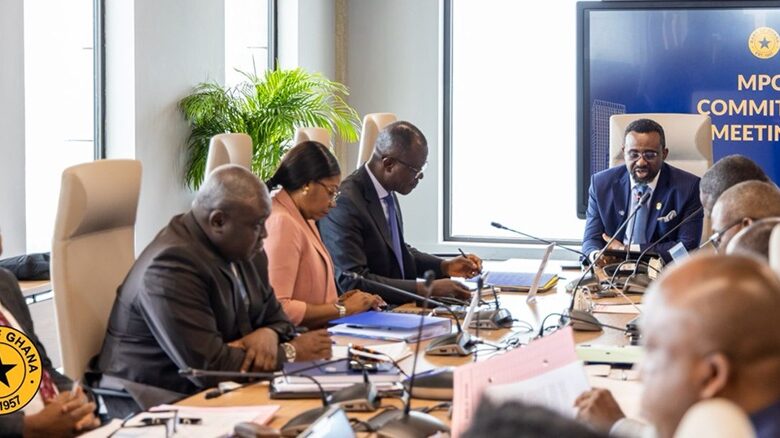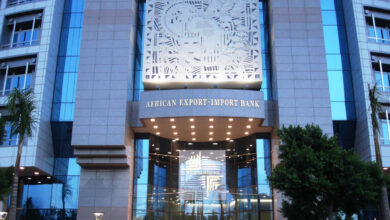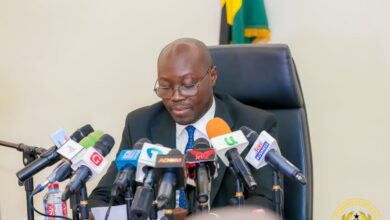Cedi Maintains Strong Global Ranking Despite Seasonal Pressures – BoG Governor

Governor of the Bank of Ghana, Dr. Johnson Asiama, has reaffirmed confidence in the resilience of the Ghana cedi, noting that despite seasonal pressures and a moderation in remittance inflows in recent weeks, the currency remains one of the best-performing globally in 2025.
Speaking at the opening of the 126th Monetary Policy Committee (MPC) meetings in Accra, Dr. Asiama said the cedi has appreciated by about 21 percent as of September 12, positioning it alongside global high performers such as the Russian ruble, Swedish krona, Norwegian krone, Swiss franc, euro, and British pound.
“The cedi’s outperformance reflects a mix of prudent monetary policy, effective liquidity management, fiscal consolidation, and stronger foreign exchange inflows,” the Governor stated.
Analysts note that the local currency’s gains are particularly striking given the backdrop of global volatility, where many emerging market currencies have struggled against the U.S. dollar. The central bank’s interventions, tighter monetary stance, and discipline in the fiscal space have helped anchor market confidence, even as the economy grapples with seasonal import demand and shifts in remittance flows.
While recent weeks have seen slight depreciation pressures, the currency’s cumulative performance year-to-date points to significant stability compared to 2023, when depreciation exceeded 20 percent in the same period. This turnaround has bolstered business confidence and eased cost pressures on import-dependent firms.
For households, a stronger cedi has helped moderate inflation by cushioning imported food, fuel, and essential goods, even as broader structural challenges remain. Economists, however, caution that sustaining the gains will depend on consistent fiscal discipline, diversification of forex inflows, and careful management of external shocks.
Dr. Asiama stressed that the MPC remains committed to policies that will consolidate the currency’s strength and reinforce macroeconomic stability, describing exchange rate stability as a “critical anchor for Ghana’s growth agenda.”




